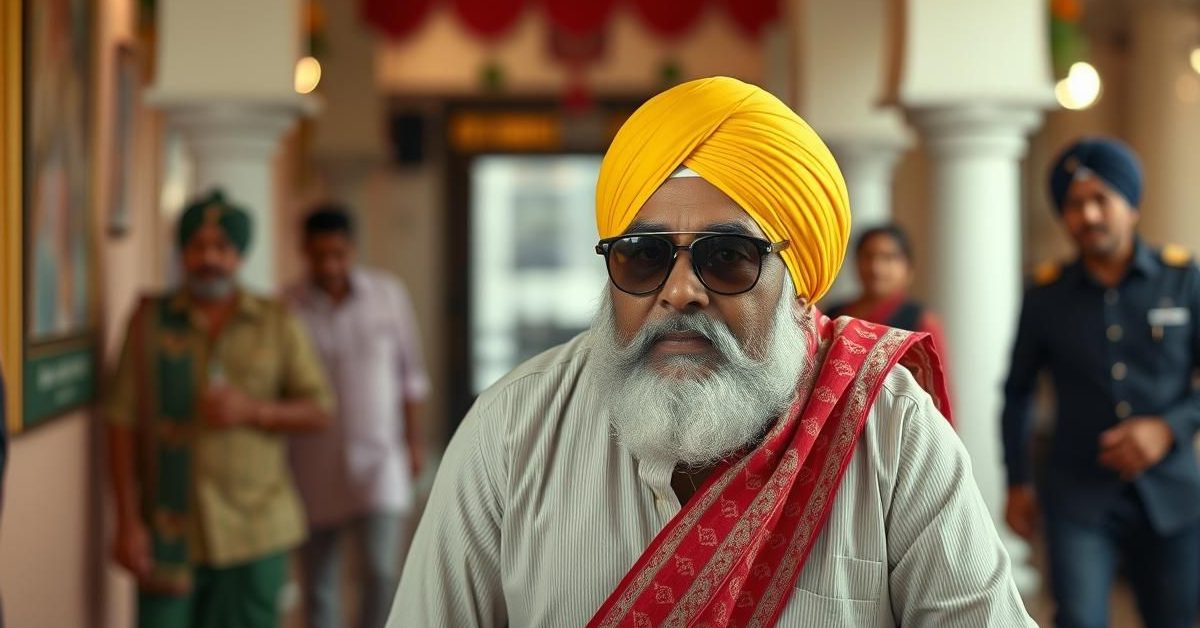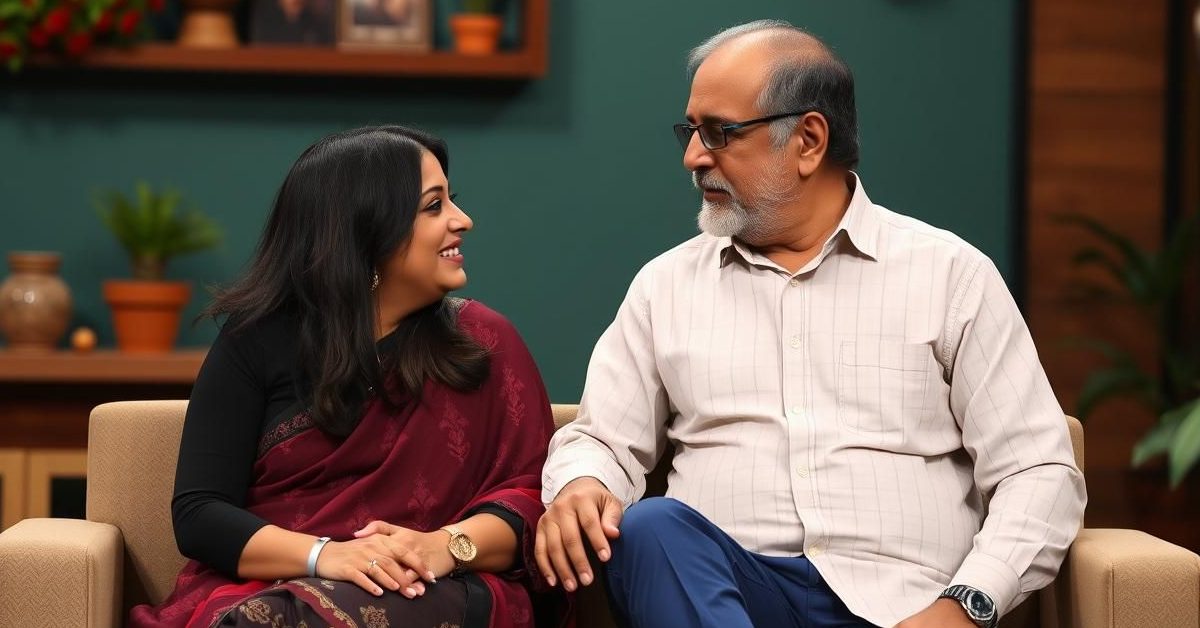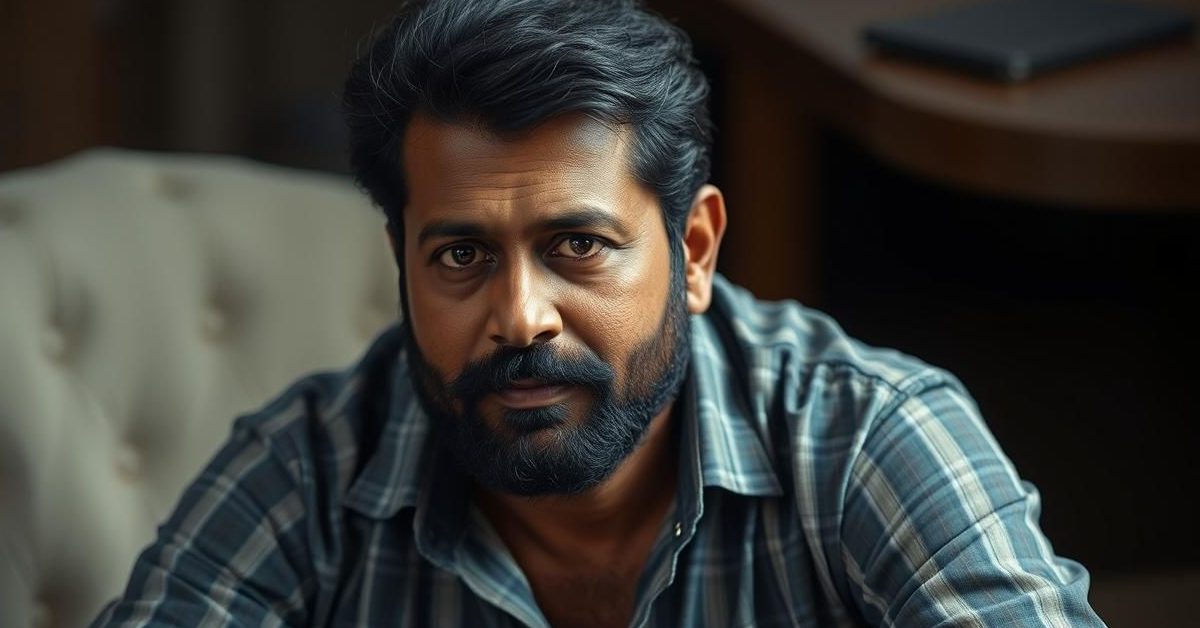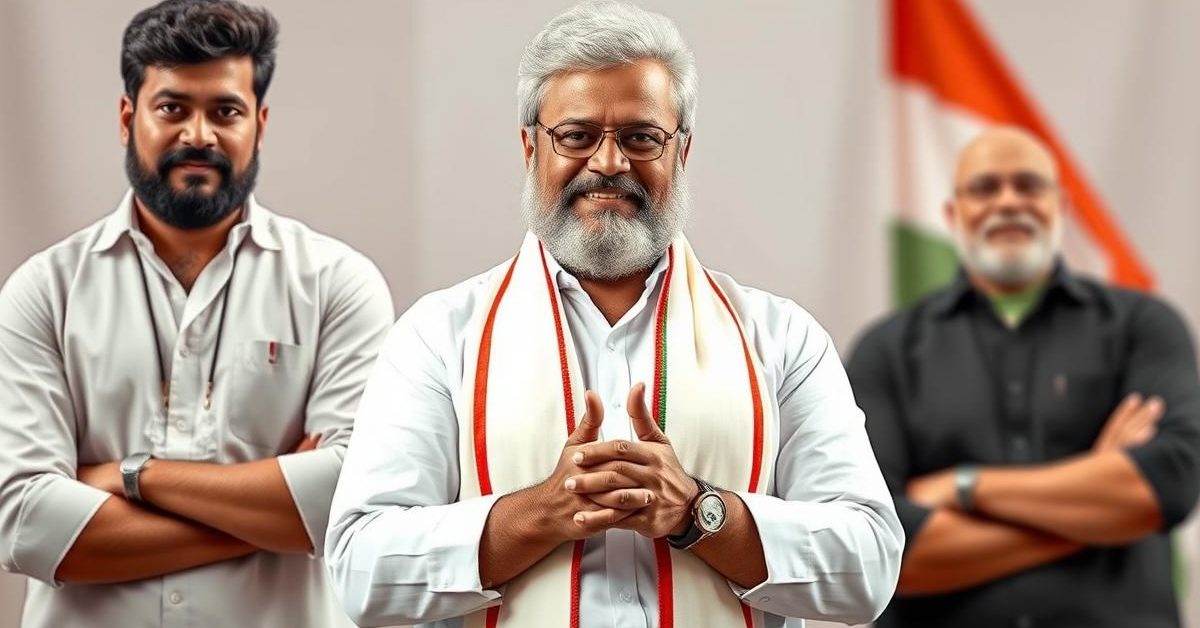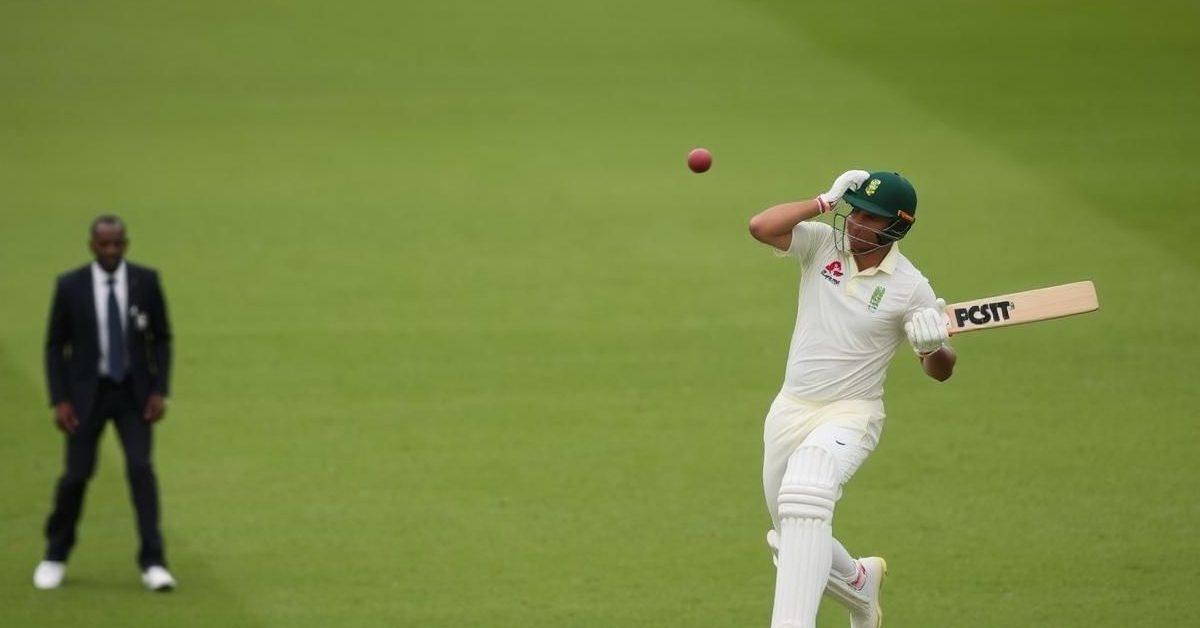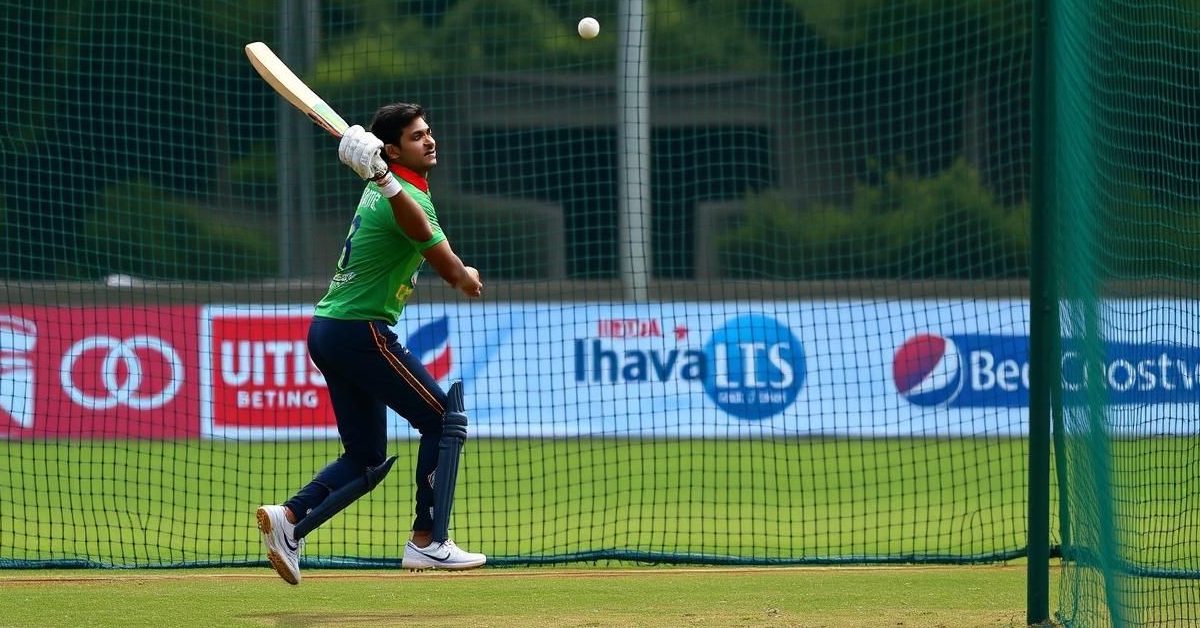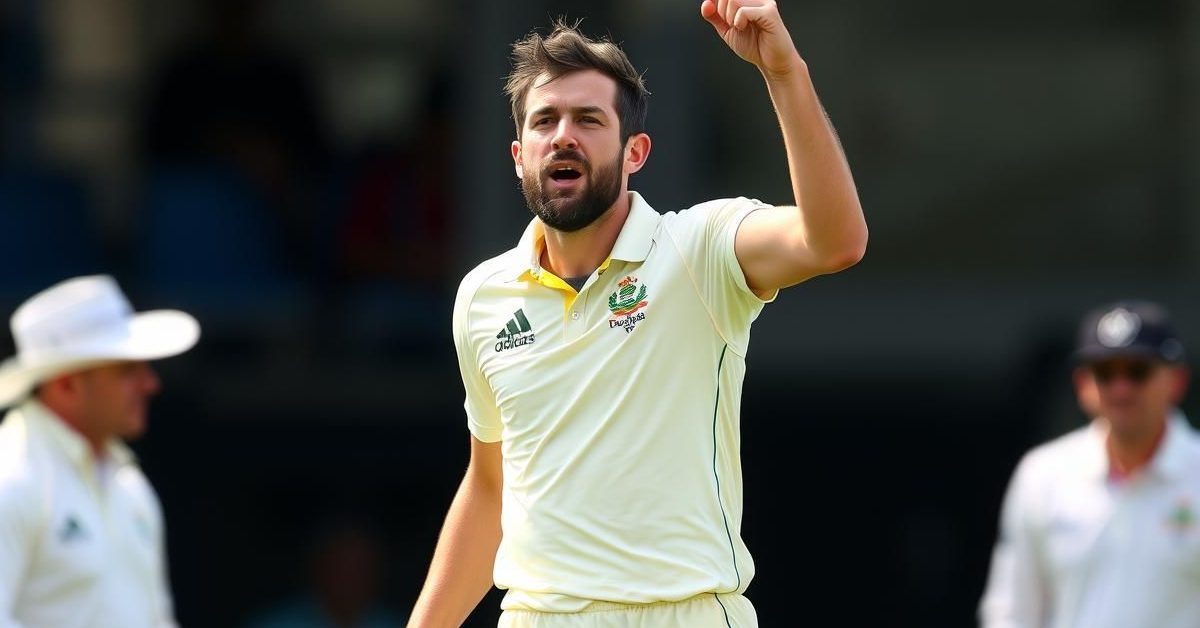The corridors of Indian cinema are currently reverberating with intense debate, as a major controversy unfolds around Punjabi superstar Diljit Dosanjh. At its heart lies his latest film, Sardaar Ji 3, which features Pakistani actress Hania Aamir. This collaboration has sparked a furious backlash from the Federation of Western India Cine Employees (FWICE), culminating in a directive demanding Diljit’s boycott and even his removal from the highly anticipated film, Border 2.
Yet, this strong stance by FWICE has not been universally embraced within the artistic community, revealing deep ideological fissures. Leading the counter-narrative, veteran actor Naseeruddin Shah made a powerful declaration of solidarity with Diljit, a move that has now drawn equally strong condemnation from producer-director Ashoke Pandit.
Naseeruddin Shah’s Unwavering Support and the ‘Jumla Party’ Jibe
In a post on Facebook, which has since been removed, Naseeruddin Shah unequivocally threw his weight behind Diljit Dosanjh. His statement was not merely an endorsement but a sharp critique of those opposing the Punjabi sensation. Shah notably accused a “dirty tricks deptt of Jumla Party” of exploiting the situation to target Diljit.
He contended that Diljit bore no responsibility for the casting decisions of Sardaar Ji 3, asserting that the director was the one accountable. Shah further suggested that Diljit’s acceptance of the casting stemmed from an uncorrupted mindset, implying ulterior motives behind the attacks on the globally recognized artist.
Ashoke Pandit’s Fiery Rebuttal: A Clash of Ideologies
Naseeruddin Shah’s comments swiftly ignited a fiery response from Ashoke Pandit, who serves as the president of the Indian Film & Television Director’s Association (IFTDA), an affiliate of FWICE. Speaking to news agency ANI, Pandit expressed a lack of surprise at Shah’s remarks, but vehemently countered the veteran actor’s characterization of the federation.
“We are not surprised, not shocked by Naseeruddin Shah’s response… He calls us Jumla party, he calls us goons,” Pandit stated, visibly perturbed. He added that such descriptors from an “educated, versatile, senior actor” only underscore Shah’s “frustration and kind of restlessness.”
Pandit directly challenged Shah’s defense of Diljit, asserting that as an actor, Dosanjh had every right to refuse to work alongside Pakistani artists if he chose to. This point of contention highlights the fundamental disagreement on artistic freedom versus perceived national duty within the industry.
National Sentiment vs. Artistic Collaboration: A Deep Dive
Ashoke Pandit, known for his involvement in films like The Accidental Prime Minister (2019) and 72 Hoorain (2023), delved deeper into the rationale behind FWICE’s stance. He underscored the grim history of India-Pakistan relations, citing a long list of aggressions against India over the past four decades.
Pandit recounted devastating events such as the recent Pahalgam terror attack, alongside the earlier Pulwama, Uri attacks, the Mumbai Blasts, and the horrific 26/11 tragedy. “Pakistan has been abusing and attacking India… They have killed people, they have raped people, they have massacred people in this country of ours,” he passionately declared.
For Pandit and the federations he represents, national interest stands paramount. He asserted that the collective decision to issue a “Non-Cooperation Directive” against Diljit Dosanjh was a necessary measure, viewing Pakistan as a “terror nation.” This uncompromising stance underscores the deeply held convictions driving the boycott call.
The Genesis of the Ban: Post-Pahalgam Directive
The roots of this specific controversy trace back to a blanket ban imposed by FWICE on all Pakistani artists following the tragic Pahalgam terror attack. It was against this backdrop that Sardaar Ji 3, featuring Pakistani actress Hania Aamir, emerged, leading to the federation’s strong condemnation.
FWICE demanded an “unconditional apology” from Diljit, accusing him of disregarding the “sacrifices” of Indian soldiers and hurting “national sentiments.” The subsequent “Non-Cooperation Directive” formalized their resolve.
Diljit Dosanjh Breaks Silence: The Chronology of Controversy
Amidst the escalating tensions, Diljit Dosanjh himself weighed in, offering crucial context. Speaking to BBC Asian Network, he clarified that Sardaar Ji 3 was filmed in February, a period when the geopolitical situation between India and Pakistan was considerably less volatile.
Diljit explained that subsequent events, particularly the Pahalgam attack, were beyond his control. He acknowledged that the producers, aware of the changed circumstances, realized that a domestic release in India was no longer feasible. To mitigate significant financial losses from their investment, they made the decision to release the film exclusively overseas.
“When I signed the film, the situation was just fine. Now, when the producers want to release it overseas, I will have to stand with them and support their decision,” Diljit stated, affirming his commitment to the project and its creators, despite the unforeseen political storm.
